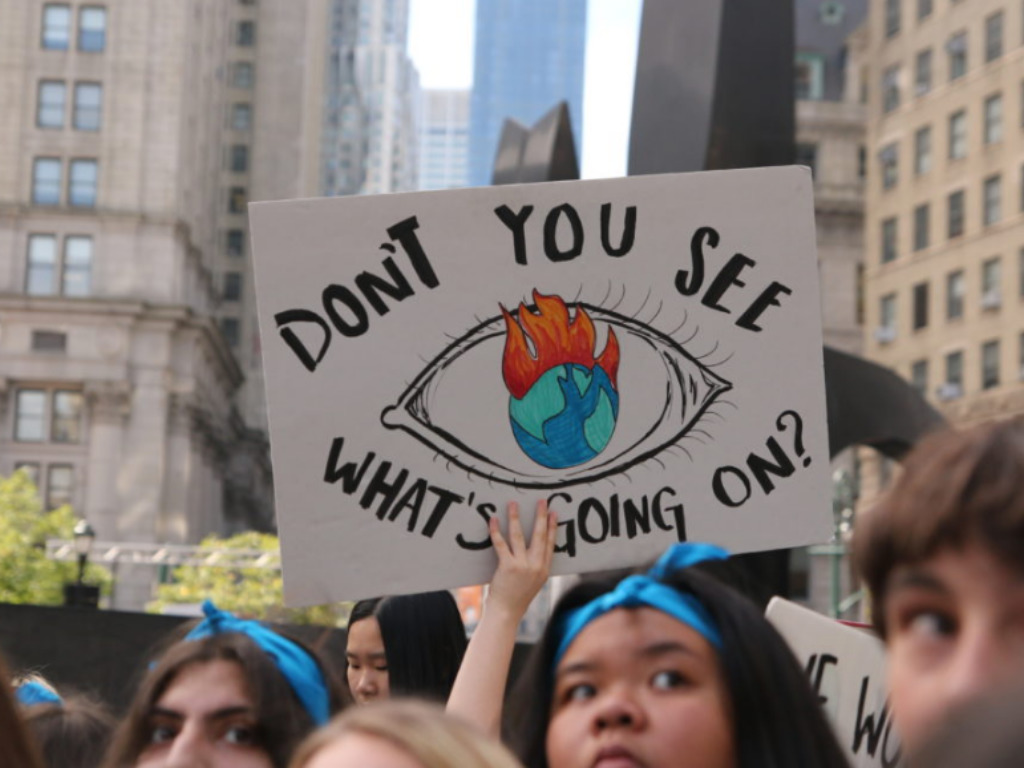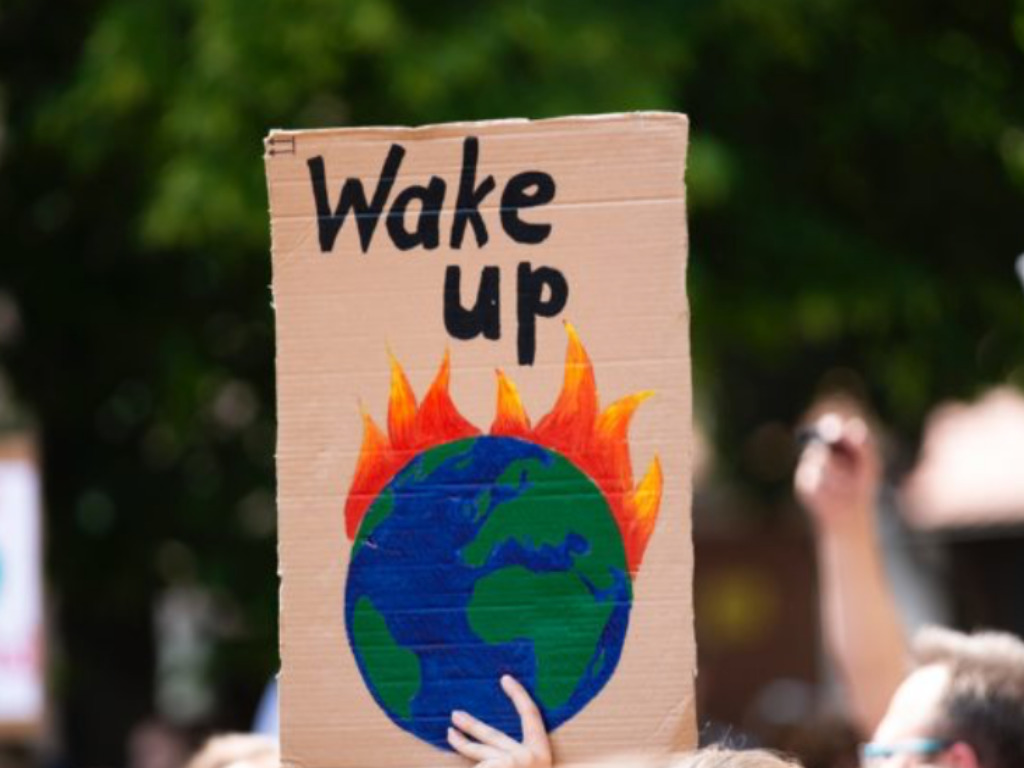5 Mins Read
Earth Day is more than just a social media trend. A global event that encourages environmentalism, it has become synonymous with eco mobilisation and addressing the imbalance in the world.
Falling on April 22nd every year, Earth Day is in the diaries of climate activists, vegans, and conscious consumers everywhere, but is it important? Does it make an impact and can everybody participate?

What is Earth Day?
Earth Day is considered to be a response to growing industrialisation. In the lead-up to its being founded, air pollution was increasing exponentially, through factory emissions, car ownership, and general automation of life throughout the 1950s and ’60s. At that point, little was understood about the impact such pollution would have. However, a contingent was already looking to highlight the consequences of 150 years of brutal industrialisation.
A breakthrough came when Rachel Carson published her book, Silent Spring, in 1962. The volume would go on to become a New York Times bestseller, with half a million copies being sold in 24 countries. The major tropes centred around raising awareness about the environment and the impact human-founded industry was having on it. It drew links between pollution and human health, making it groundbreaking.
Eight years later, in 1970, Earth Day was formally initiated to bring focus to the uprising of eco-awareness. It was seen as an opportunity to ensure all thoughts were preoccupied with how humans could lessen their impact, to positively affect public health and future generations.
Who officially created Earth Day?
Junior Wisconsin senator Gaylord Nelson, along with a number of others in his peer group, had become disheartened by the deteriorating environment in the U.S. Following a massive oil spill in California, he looked to leverage the power and passion of student anti-war protests to raise awareness for the environment as well. What followed was an idea to launch events on U.S. college campuses, on April 22nd, to capture attention between Spring Break and final exams. Dennis Hayes was brought on board to organise the ‘teach-ins’, thanks to his activist roots.
Hayes immediately identified the potential for events to inspire not just students but all citizens. Creating an 85-strong admin team, he set about making the initiative truly national, with all faiths and multiple organisations invited to participate. The name was changed to Earth day, which garnered a lot of media attention and resulted in around 20 million Americans taking part in protests and events.

Why does Earth Day matter?
The first event was a politically significant moment, bringing together Republicans and Democrats alike. People from all strata of society looked to get involved and stand together, regardless of jobs, faith or wealth. Because it was cohesive, not divisive, change happened.
The inaugural Earth Day led to the United States Environmental Protection Agency being founded. This resulted in significant laws being passed. The National Environmental Education Act, Occupational Safety and Health Act and the Clean Air Act were all initiated as a result of earth day and the awareness it generated. The Clean Water Act followed two years later and paved the way for the Endangered Species Act. A final law, the Federal Insecticide, Fungicide, and Rodenticide Act, rounded out the series of environmentally-motivated amendments. It is claimed that these laws have saved millions of people from disease and death while protecting countless wild species from extinction.
Given the vast impact the event had in the U.S., it was logical to extend it to the rest of the world. This formerly happened in 1990, when Hayes was asked to organise mobilisation across the planet. 200 million people were reported as taking part, in 141 countries. It is thought that the scale of the event helped bring the United Nations Earth Summit into being, in 1992. In recognition of the impact of Earth Day, Senator Nelson was awarded the Presidential Medal of Freedom, presented by Bill Clinton.
The event has gathered pace and grown in size every year. As digital media has developed, it has become a prime tool for spreading environmental messages, making the event more international than ever before.

How you can get involved
Earth Day now offers global citizens the opportunity to become a member of the organisation. This is hailed as being a “direct and meaningful way” to contribute. Membership requires a donation that funds multiple projects, centred on climate literacy and advocacy. Opportunities to volunteer at official Earth Day events will be offered to members first.
If signing up doesn’t appeal, there are multiple ways to support the message of the event every day of the year. Small changes, from going paperless with your household bills to picking up rubbish when you are out walking help. Advocacy in the form of encouraging an educational establishment or professional workplace to take part in Earth Day makes a big impact and can inspire lasting change. Choosing to embrace plant-based living, taking part in climate change protests and petitioning MPs to get onboard with eco-initiatives are powerful ways to participate.
As so many Earth Day advocates say: there is no planet B. Earth Day is an annual reminder that what everybody does, matters, and that there is power in global community.
The business world getting involved
Earth Day represents an opportunity for companies to align with or demonstrate their existing green credentials. Last year, Green Monday, Asia’s alt-protein giant, launched its ESG Coalition. Designed to bring businesses together with plant-based and sustainable focuses, the move created roadmaps for responsible living.
The fashion industry enjoys an opportunity to jump on a global trend and environmentalism is no exception. In 2021, New York-based brand Sylen New York launched its first vegan sneakers, to coincide with Earth Day. It came after the founder, Casey Dworkin, shifted to veganism in her private life.
All photos by Earth Day Org.





